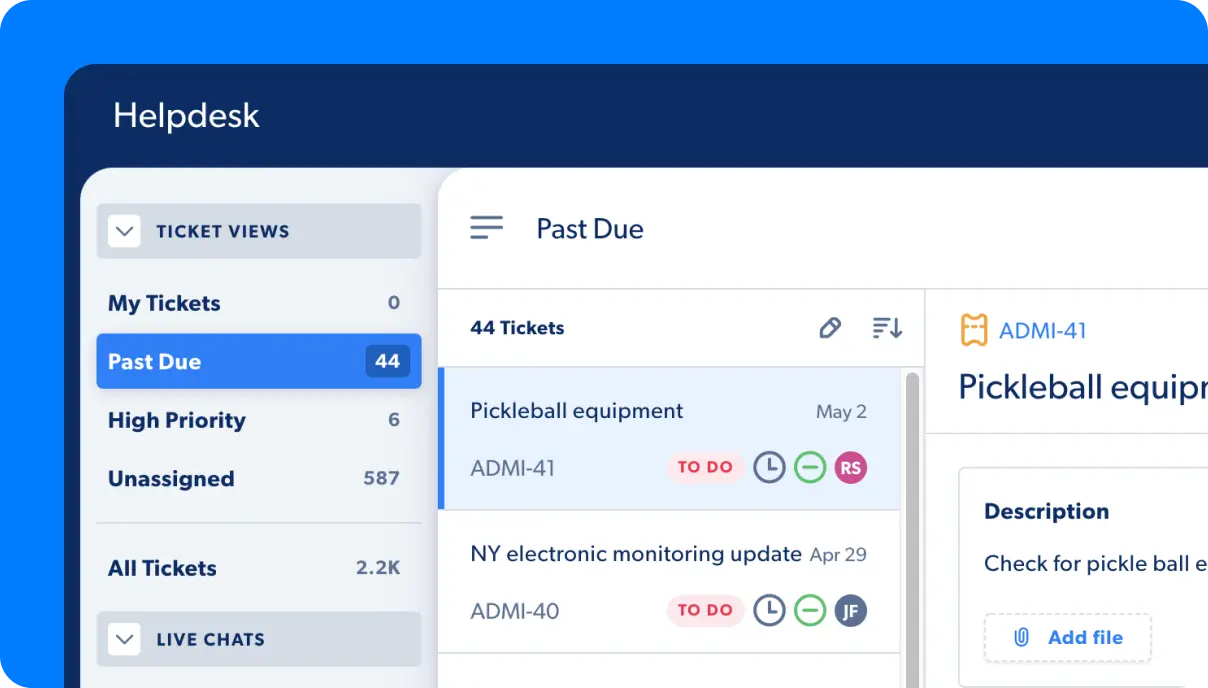In today’s competitive business environment, delivering exceptional customer service is more important than ever. One way to achieve this is by adopting a cloud based call center, and businesses know this: the market is expected to reach $86B by 2029. But what exactly is a cloud based call center, and why should your business consider making the switch? In this blog, we’ll explore the top five reasons why you need a cloud based call center, focusing on its numerous benefits and features.
1. Cost Efficiency and Scalability
Reduced Initial Investment
One of the most compelling reasons to switch to a cloud based call center is cost efficiency. Traditional on-premise call centers require significant upfront investments in hardware, software, and infrastructure. In contrast, cloud based call centers often operate on a subscription model, eliminating the need for large capital expenditures. This allows businesses to allocate their financial resources more effectively.
Pay-as-You-Go Model
Cloud based call centers offer a pay-as-you-go pricing model, allowing businesses to pay only for the resources they use. This is especially advantageous for companies with fluctuating call volumes, as they can easily scale up or down without incurring unnecessary costs.
Scalability
Scalability is a key feature of cloud based call centers. As your business grows, you can easily add more agents and resources without the need for additional physical space or equipment. This flexibility ensures that your call center can scale alongside your business, meeting increased demand without compromising on service quality.
2. Enhanced Flexibility and Accessibility
Remote Work Capabilities
With the rise of remote work, having a cloud based call center provides unparalleled flexibility. Agents can access the call center platform from anywhere with an internet connection, enabling them to work remotely. This not only improves employee satisfaction but also broadens the talent pool, allowing you to hire skilled agents regardless of their location.
24/7 Availability
A cloud based call center can operate 24/7, providing continuous support to customers across different time zones. This ensures that your business can offer round-the-clock service, enhancing customer satisfaction and loyalty.
Easy Integration
Cloud call center platforms are designed to integrate seamlessly with other business tools and applications, such as Customer Relationship Management (CRM) systems and helpdesk software. This integration streamlines operations and ensures that agents have access to all the necessary information to provide efficient and effective customer support.
3. Improved Disaster Recovery and Reliability
Automatic Updates and Maintenance
One of the significant advantages of a cloud based call center is that the service provider handles all updates and maintenance. This ensures that your system is always up-to-date with the latest features and security patches, reducing the risk of downtime and service interruptions.
Robust Disaster Recovery
Cloud based call centers are equipped with robust disaster recovery mechanisms. Data is stored in multiple locations, ensuring that your operations can continue seamlessly in the event of a hardware failure, natural disaster, or cyberattack. This reliability is crucial for maintaining uninterrupted customer support and protecting your business’s reputation.
High Availability
Cloud service providers guarantee high availability through Service Level Agreements (SLAs). This commitment to uptime ensures that your call center is always operational, minimizing the risk of outages and their associated costs.
4. Advanced Analytics and Reporting
Real-Time Monitoring
Cloud based call centers offer advanced analytics and reporting capabilities. Managers can monitor agent performance in real-time, gaining insights into key metrics such as call duration, resolution times, and customer satisfaction scores. This real-time visibility allows for swift intervention and optimization of call center operations.
Data-Driven Decision Making
With access to comprehensive data and analytics, businesses can make informed decisions to improve their call center performance. For example, identifying peak call times can help in staffing adequately, while analyzing common customer issues can lead to better training and process improvements.
Customizable Reports
Cloud call center platforms provide customizable reports, enabling businesses to track and measure specific metrics relevant to their goals. This customization ensures that you have the data you need to drive continuous improvement and achieve your business objectives.
5. Enhanced Security and Compliance
Data Encryption
Security is a primary concern for businesses handling sensitive customer information. Cloud based call centers employ advanced security measures such as data encryption, ensuring that customer data is protected both in transit and at rest.
Compliance with Regulations
Cloud call center providers are well-versed in industry regulations and compliance requirements. They implement stringent security protocols to ensure that your business complies with regulations such as GDPR, HIPAA, and PCI-DSS. This compliance reduces the risk of penalties and protects your business from potential legal issues.
Regular Audits and Assessments
To maintain high security standards, cloud service providers conduct regular audits and assessments. These evaluations ensure that their security measures are effective and up-to-date, providing peace of mind that your call center is secure from potential threats.
Conclusion
Adopting a cloud based call center offers numerous benefits that can significantly enhance your business operations and customer service. From cost efficiency and scalability to improved flexibility, reliability, and security, the advantages are clear—not to mention the possibilities of an integration to technology like automatic speech recognition. By making the switch to a cloud-based call center, your business can provide exceptional customer support, drive operational efficiency, and stay ahead of the competition.
If you’re considering a cloud based call center, now is the perfect time to make the transition. Embrace the future of customer service with a solution that is flexible, reliable, and equipped with advanced features to meet your business needs.













































